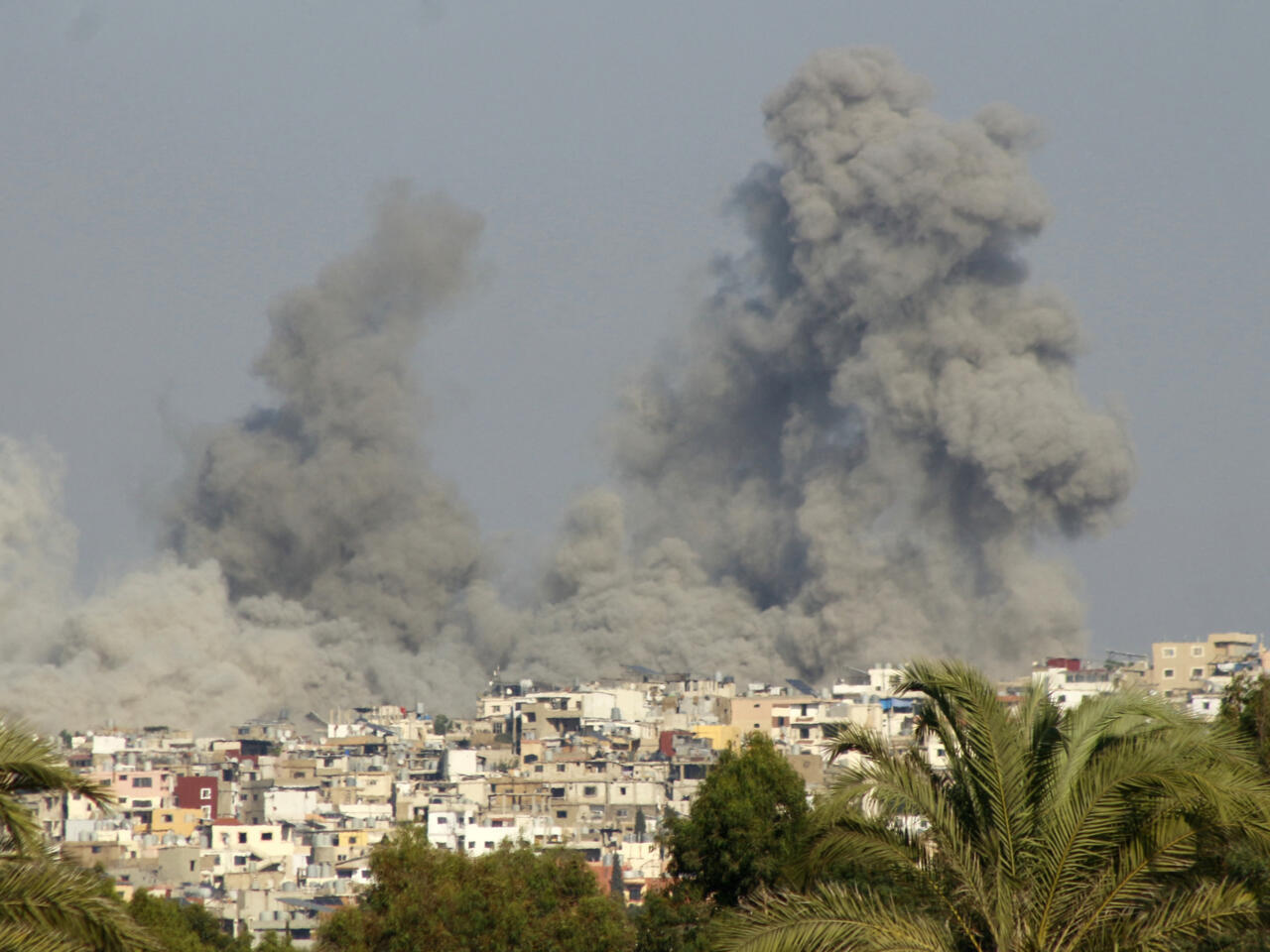

The ongoing tensions involving Hezbollah are rooted in a complex web of political, ideological, and regional factors. For an international audience unfamiliar with the intricacies of Middle Eastern geopolitics, this article aims to break down the key elements of the conflict, its historical background, and its broader implications for global peace and security.
The Origins of Hezbollah’s Power
Hezbollah, a Shiite militant group and political party based in Lebanon, was formed in the early 1980s during the Lebanese Civil War. It emerged in response to Israel’s invasion of Lebanon in 1982, with support from Iran. While initially focused on resisting Israeli occupation, Hezbollah’s influence has expanded far beyond Lebanese borders, reflecting a wider regional struggle for power, notably between Iran and Israel.
Insight: Hezbollah’s evolution from a resistance movement into a significant regional player marks a shift in Middle Eastern dynamics. Unlike typical insurgent groups, Hezbollah blends military prowess with political legitimacy, a unique characteristic that continues to reshape Lebanon's political landscape. Its involvement in Syria’s civil war also underscores its far-reaching ambitions, which are increasingly tied to Iran's geopolitical goals.
The Human Impact of the Conflict
War has devastating consequences for civilian populations. In Lebanon, Hezbollah’s military confrontations with Israel have caused widespread destruction. Civilians have often been caught in the crossfire, with significant loss of life and displacement.
What’s less discussed, however, is the economic toll. Conflict zones see infrastructure collapse, and economies slow to a halt. In southern Lebanon, the conflict has led to a humanitarian crisis, with thousands of families losing their homes and livelihoods. The Lebanese government, already weakened by internal divisions, has struggled to provide adequate support to these communities.
Insight: The international community often views the Hezbollah conflict through a political lens, but it’s important to highlight the human cost. This war, like many others, disproportionately affects the vulnerable, creating a cycle of poverty and instability that takes generations to resolve. Humanitarian aid efforts are critical but often insufficient to address the full scope of the crisis.
Global Implications: The Broader Middle East and Beyond
Hezbollah’s role in the broader regional power struggle between Iran and Israel has heightened tensions across the Middle East. As Iran’s proxy, Hezbollah plays a key role in maintaining the balance of power, not just in Lebanon, but in Syria and Iraq as well.
Moreover, Hezbollah’s influence extends into international affairs. The group’s presence on the global terrorism watch list has strained relations between Lebanon and Western nations, affecting everything from economic partnerships to diplomatic relations. Hezbollah's ability to launch attacks abroad also raises concerns about global security.
Insight: What makes Hezbollah’s actions particularly concerning is the group’s sophisticated global network. This isn’t a local militia; it’s an organization capable of influencing international markets and political alignments. Understanding Hezbollah’s global reach is essential to grasping the wider implications of its actions.
The Path Forward: Is Peace Possible?
The question of peace in Lebanon remains complex. While many international stakeholders have called for Hezbollah to disarm, the group’s deep entrenchment in Lebanon’s political system makes this unlikely. A military solution seems improbable, as Hezbollah’s guerrilla tactics and political backing give it significant leverage.
Insight: The path to peace may not lie in disarming Hezbollah but in addressing the underlying political and economic issues that drive the conflict. International diplomacy, combined with economic reforms, might offer a more sustainable solution. However, achieving this requires cooperation from all stakeholders, including Iran, Israel, and Western powers.
Final Thoughts
The Hezbollah war is not just a regional issue but a global concern that demands the world’s attention. For international audiences, understanding the conflict's historical roots, its human impact, and broader geopolitical implications is crucial for informed global engagement.
